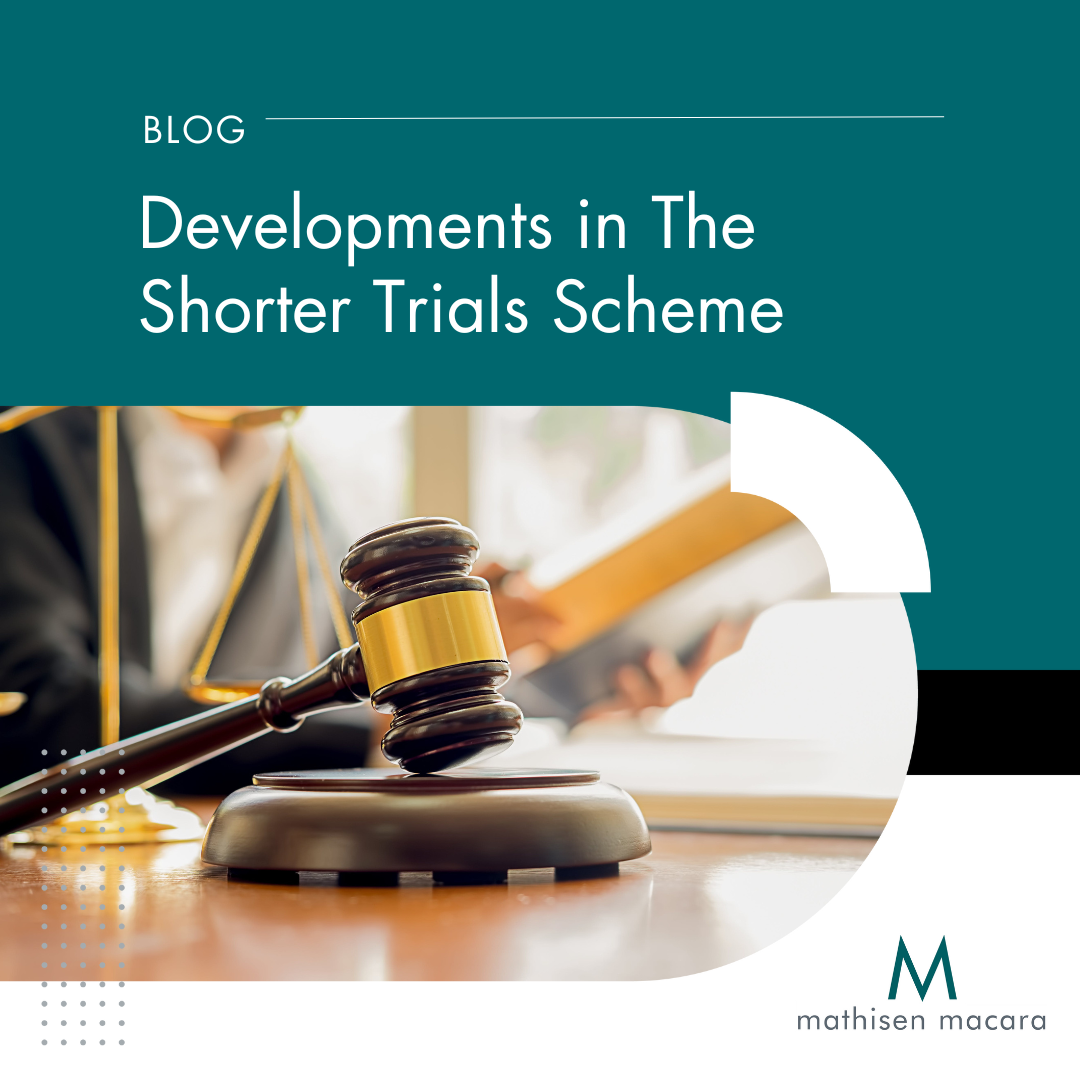Developments in The Shorter Trials Scheme
Following a pilot commencing in October 2015, as of 2 July 2018 the UK Judiciary introduced the Shorter Trial Scheme (STS). This is one of a number of measures designed to improve access to justice in the United Kingdom.
The objective of the STS is to provide a shorter, quicker trial for business related litigation, including litigation in the Patent Court, at a reasonable and proportionate cost. Whilst increased efficiency is key, the intention is to maintain the quality of decision.
The STS scheme will not be suitable for all cases, such as cases involving allegations of fraud or dishonesty, cases which will require extensive disclosure or reliance on extensive witness or expert evidence or multi-issue cases. However, these trials can be useful for time-sensitive cases that are not too complex and require limited evidence.
To achieve these goals, the STS has very strict timelines. The maximum length of a trial under the shorter trial scheme is four days and all time periods running up to the trial are necessarily short, often only 14 days, with very limited options for short extension.
Furthermore, the volume of paperwork that can be filed is limited. For example, the particulars of claim and the particulars of defence should not generally exceed 20 pages. Opportunities for giving or oral evidence are limited, with the evidence in chief usually being provided in the form of witness statements, which should not generally exceed 25 pages in length, and expert evidence being mostly given at trial in the form of written reports.
The date for trial should not normally be more than 8 months after the case management conference, and a decision should be handed down within 6 weeks of trial with schedules of costs being exchanged within 21 days of trial.
Given that the average case in the High Court or the Intellectual Property Enterprise Court (IPEC) is around 12-18 months from issue to trial, the STS aims to be significantly quicker and the limits on evidence and disclosure mean the costs of running a case under the STS should be significantly less than a standard intellectual property action in either the High Court or the IPEC.
Furthermore, as of 1 January 2024, a cap on recoverable costs has been introduced for patent and registered design cases heard in the Patents Court under the STS. The cap has been set at £500,000 on the final determination of a claim in relation to liability, and £250,000 in an inquiry as to damages or an account of profits. To benefit from the cap, the claimant must state on the Claim Form that the claim has been started under the STS. If the defendant considers that the case is not suitable for the STS, they can apply to have it transferred out. Unlike the IPEC and in common with the High Court, there is still no cap on financial relief.
Why use the STS? The STS provides a forum for cases that are more complex than those that can be brought at the IPEC but do not warrant the complexity and expense of an action in the High Court. The introduction of the cost cap provides a higher degree of certainty for participants but does not limit the financial relief that can be obtained, which is expected to make the scheme even more attractive to litigants.
